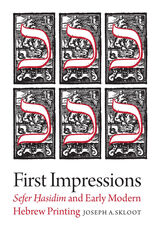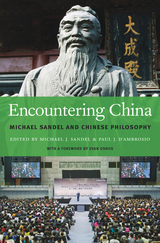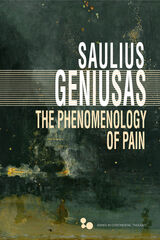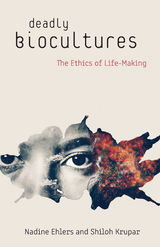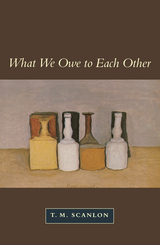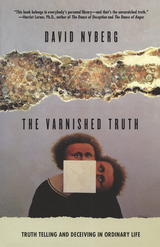Paper: 978-0-87840-715-6
Library of Congress Classification BJ1401.B58 1999
Dewey Decimal Classification 296.36
People who helped exterminate Jews during the shoah (Hebrew for "holocaust") often claimed that they only did what was expected of them. Intrigued by hearing the same response from individuals who rescued Jews, David R. Blumenthal proposes that the notion of ordinariness used to characterize Nazi evil is equally applicable to goodness. In this provocative book, Blumenthal develops a new theory of human behavior that identifies the social and psychological factors that foster both good and evil behavior.
Drawing on lessons primarily from the shoah but also from well-known obedience and altruism experiments, My Lai, and the civil rights movement, Blumenthal deftly interweaves insights from psychology, history, and social theory to create a new way of looking at human behavior. Blumenthal identifies the factors — social hierarchy, education, and childhood discipline — that shape both good and evil attitudes and actions.
Considering how our religious and educational institutions might do a better job of encouraging goodness and discouraging evil, he then makes specific recommendations for cultivating goodness in people, stressing the importance of the social context of education. He reinforces his ideas through stories, teachings, and case histories from the Jewish tradition that convey important lessons in resistance and goodness.
Appendices include the ethical code of the Israel Defense Forces, material on non-violence from the Martin Luther King, Jr., Center, a suggested syllabus for a Jewish elementary school, and a list of prosocial sources on the Web, as well as a complete bibliography.
If people can commit acts of evil without thinking, why can’t even more commit acts of kindness? Writing with power and insight, Blumenthal shows readers of all faiths how we might replace patterns of evil with empathy, justice, and caring, and through a renewed attention to moral education, perhaps prevent future shoahs.
See other books on: Evil | Good | Good and evil | Government, Resistance to | Holocaust, Jewish (1939-1945)
See other titles from Georgetown University Press


